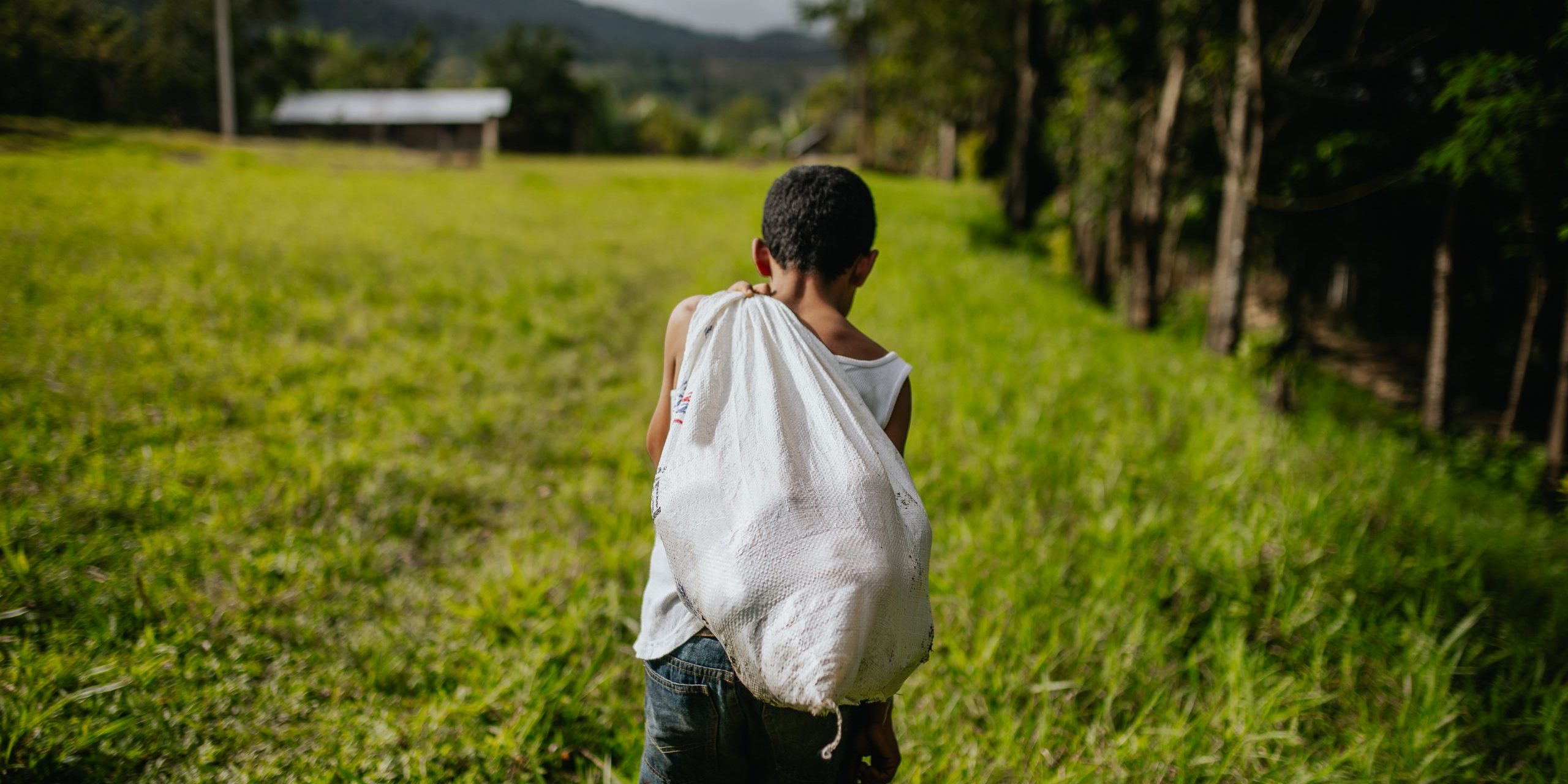Trafficking in Persons Report 2022 of the US Department of State reflects a challenging panorama in Colombia.
Last Tuesday, July 19, the United States Department of State published the 2022 Trafficking in Persons Report. The document, published annually, evaluated the performance of 188 countries and territories worldwide regarding the prevention, protection of victims, and fight against human trafficking. This year’s Report deeps into issues such as the forced recruitment of children, forced labour, climate crisis and vulnerability, the importance of data analytics, and the link between corruption and human trafficking.
According to the Report, although Colombia meets the minimum standards for the elimination of human trafficking, the country’s management and actions in terms of investigation and prosecution of the crime and identification fall short. In this sense, the Department of State describes the proactive efforts to identify victims, mainly migrants, and the assistance services for adult victims as inefficient. Additionally, the Report highlights the lack of measures to combat forced labour, resulting in impunity for labor traffickers and leaving unidentified victims without protection in critical economic sectors.
Corruption and official complicity
According to the Report, corruption and official complicity in human trafficking crimes are a concern. The Colombian government reported opening 40 investigations into the complicity of public officials between 2010 and 2021. However, the government did not indicate how many investigations resulted in prosecutions or convictions. Some cases involve prosecutors, police, and public officials in Bogotá and Cartagena engaged in local and transnational sexual exploitation activities. The Report underlines that Colombian authorities often opt for disciplinary measures instead of imprisonment, a response described by the Department of State as “not proportional to the seriousness of the crime” and an obstacle in efforts to combat human trafficking.
Recruitment of children
Illegal armed groups and criminal organizations have continued the forced recruitment and use of children in the armed conflict, as well as their exploitation in forced labor and human trafficking for sexual exploitation. One of the strongest criticisms of the Report revolves around the government’s indifference to the need to address children recruited as victims of human trafficking. In fact, Colombian authorities do not recognize the forced recruitment of children by illegal armed groups as a form of human trafficking.
Who is most vulnerable in Colombia?
In the last five years, human trafficking networks have chosen to exploit national and foreign victims in Colombia. In parallel, cases of human trafficking for sexual exploitation and forced labour of Colombian citizens, both adults, and children, have been identified in Latin America, Asia, and Europe. Groups at high risk for trafficking include displaced Venezuelans, LGBTQI+ individuals, Afro-Colombians, members of Indigenous communities, individuals with disabilities, internally displaced people, and those living in areas where illegal armed groups and criminal organizations are active.
The things that Colombia is doing well
According to the Report, Colombian authorities provided emergency assistance to 181 identified victims, including 54 who received temporary shelter. Similarly, it is emphasized that the government continues to implement awareness campaigns, mainly focused on reducing human trafficking for the sexual exploitation of children and adolescents in the tourism sector. Likewise, the Department of State recognized the efforts of the Colombian government to reduce the vulnerability of the Venezuelan population in Colombia by granting temporary protection status (TPS) to migrants who arrived before January 2021. Finally, the document highlights Colombian efforts to cooperate with foreign governments and international organizations to investigate cases of human trafficking in the Latin American region.
Recommendations for Colombia
Based on the Report’s findings, the Department of State makes the following prioritized recommendations:
- Make efforts to combat forced labor by enhancing proactive victim identification and increasing criminal investigations, prosecutions, and convictions of labor traffickers.
- Vigorously investigate, prosecute, and convict traffickers, including complicit officials.
- Take steps towards amending policies to fund civil society actors to increase specialized services for all victims of trafficking, including shelter care for adult victims of trafficking and victims of forced labor.
- Draft a victim identification protocol for law enforcement and border officials and train authorities on its use.
- Develop a record-keeping system to track anti-trafficking investigations, prosecutions, convictions, and sentencing data.
- Train prosecutors on the elements of human trafficking and the use of Article 188A of the penal code to investigate and prosecute all trafficking crimes, such as child sex tourism, forced criminality, forced labor, and the unlawful recruitment or use of child soldiers under trafficking provisions.
- Increase efforts to combat child sex trafficking in the tourism sector, especially in coastal cities.
- Revise the definition of human trafficking under Colombian Law to align more closely with the 2000 UN TIP Protocol definition.
See the full report here: https://www.state.gov/reports/2022-trafficking-in-persons-report/

